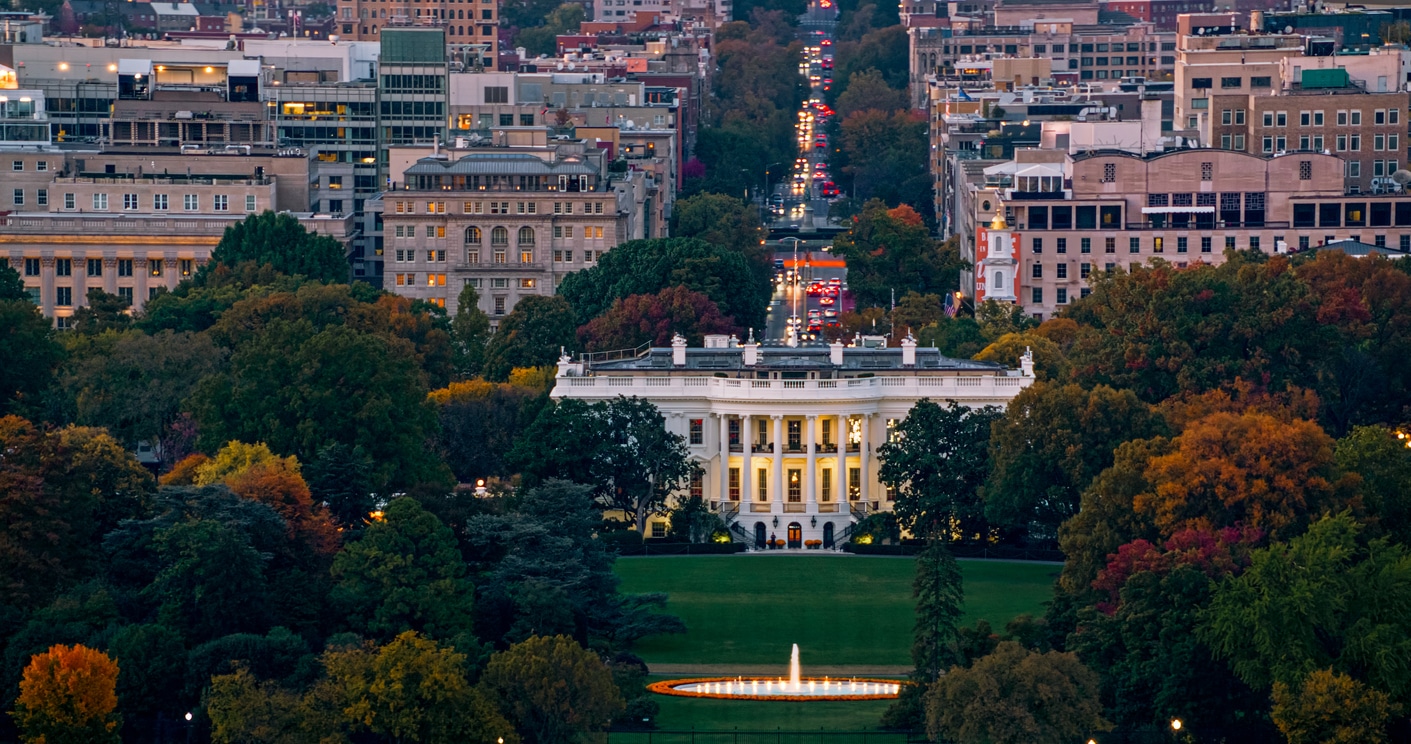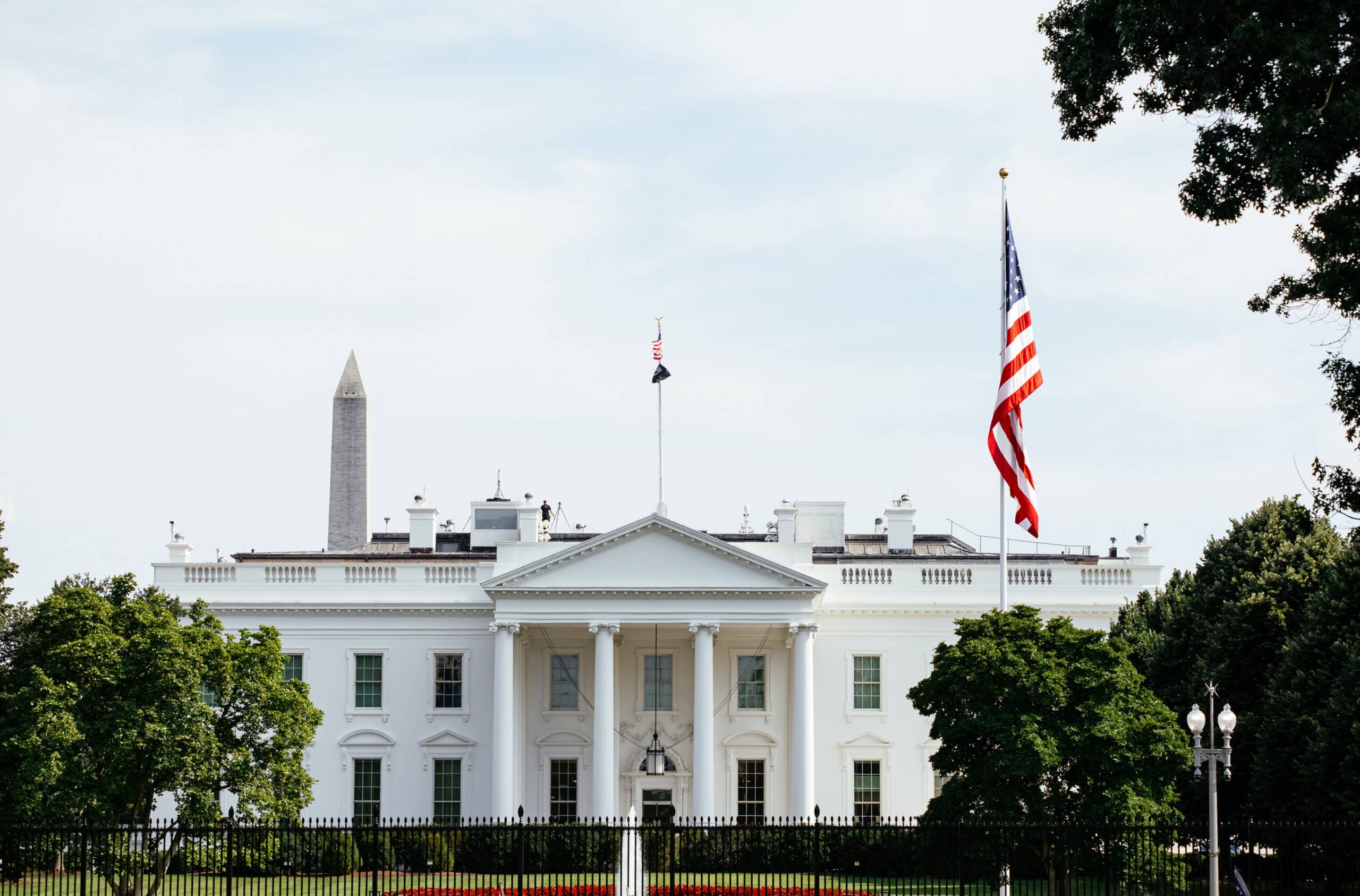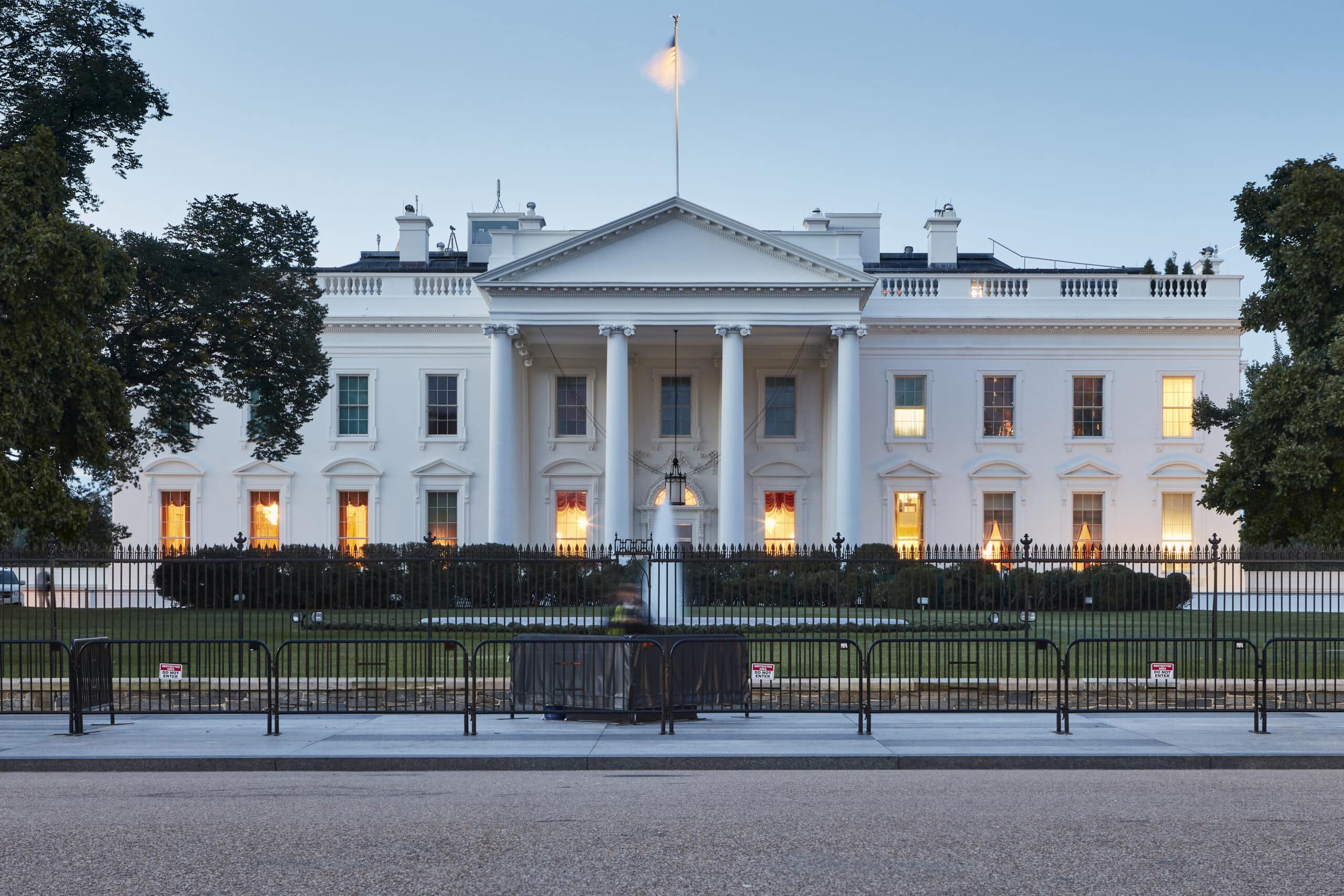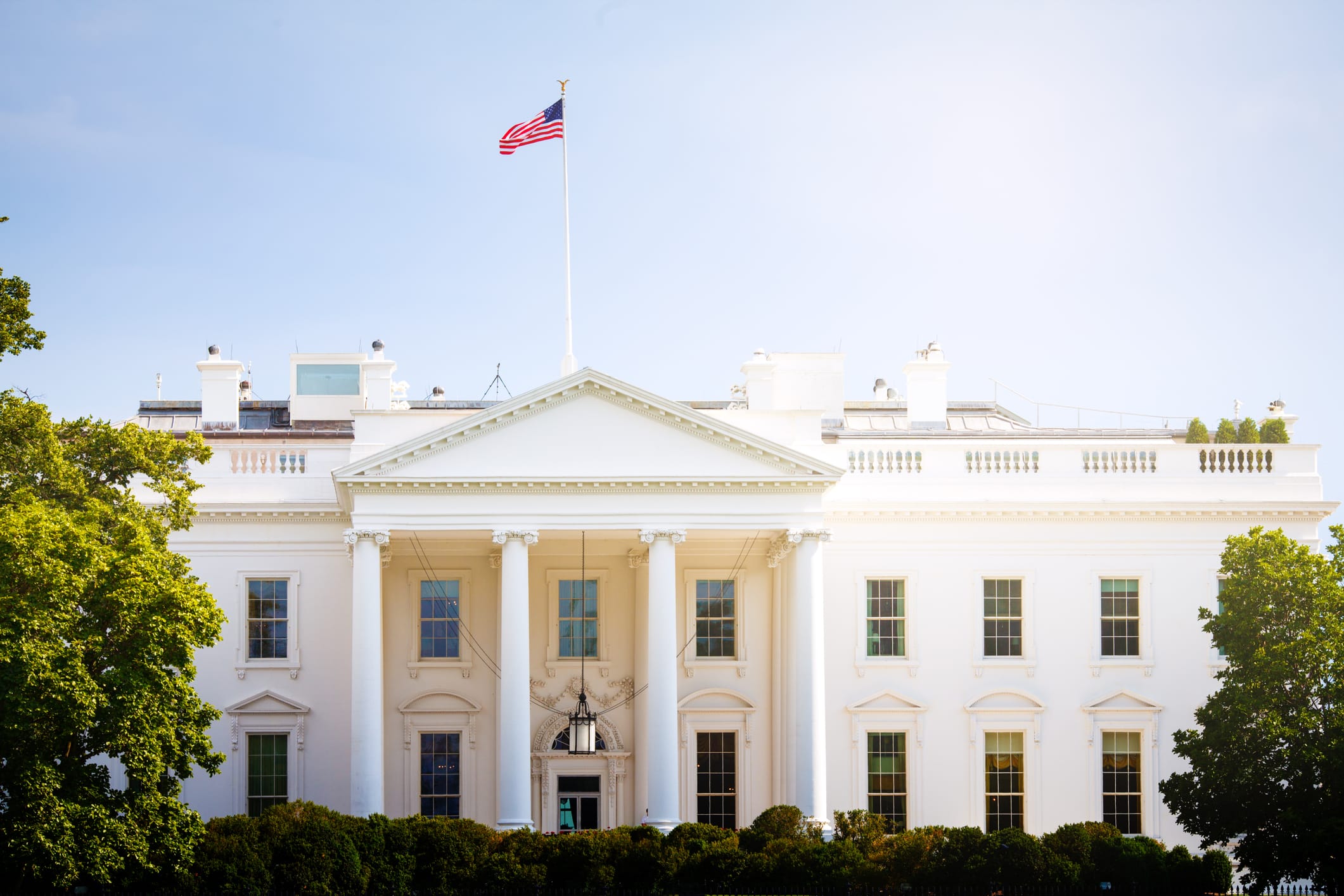A majority of voters think climate change contributed to raging California wildfires.
The first Emerson College Polling national survey of 2025 finds President Joe Biden with a 37% job approval rating in the final week of his presidency. Fifty-two percent disapprove of the job the president is doing in office.
“President Biden closes his term with an approval rating 12 points lower than the first Emerson national poll in 2021 that measured the president’s approval, at 49%,” Spencer Kimball, executive director of Emerson College Polling, said. “Biden ends with a 70% approval among his base of Democratic voters, a 16-point drop since the 2021 poll, 33% among independents, a two-point drop, and 10% among Republican voters, a 10-point decrease.”
A majority (67%) of voters think the country is on the wrong track, while 33% think the U.S. is headed in the right direction. This compares to the beginning of the Biden term when 54% thought the country was on the wrong track and 46% thought the country was headed in the right direction.
All political parties consider the country on the wrong track heading into 2025: 62% of Democrats, 70% of Republicans, and 69% of independents.
Fifty-two percent of voters have a favorable view of President-elect Donald Trump, while 42% hold an unfavorable opinion of him. Outgoing President Joe Biden has a favorable rating of 41%, with 51% viewing him unfavorably.
The late President Jimmy Carter remains well-regarded by voters, with 59% expressing a favorable opinion of him and 16% holding an unfavorable view.
Fifty percent of voters think flags should stay at half-mast to honor President Carter, while 35% thought they should be raised to full-mast for Trump’s inauguration.
Following the sentencing of Trump for being convicted of falsifying business records, a majority of voters (55%) think Donald Trump’s criminal trial was appropriate to hold Trump accountable, while 45% said the trial was a political witch hunt.
“Trump’s conviction continues to highlight partisan divides, independents aligning more with Democrats on this issue,” Kimball said. “87% of Democrats and 57% of independents think the trial was appropriate to hold Trump accountable, while 79% of Republicans hint the trial was a political witch hunt.”
Regarding the recent debate over whether the United States should add more states or territories, or remain as is, 67% support keeping the US as is, while 20% think it should. Thirteen percent are neutral.
A plurality (44%) of voters support the federal government’s blocking of the takeover of US Steel by Nippon Steel, while 19% oppose the decision and 37% are unsure.
Among those following the wildfires in California somewhat or very closely, 30% approve of how Governor Newsom has been handling the response, 42% disapprove, and 28% are neutral.
“The Governor’s approval highlights sharp partisan divides in the perception of response: 61% of Republicans and 43% of independents disapprove of Governor Newsom’s response to the wildfires while 49% of Democrats approve.”
A majority of voters (58%) think climate change has contributed to the wildfires, while 42% think it has not.
“Young voters are most likely to believe climate change has contributed to the wildfires in California, at 74% among voters under 30, compared to 70% of those in their 30s, 61% in their 40s, 48% of those in their 50s, and increasing back to 53% of voters 70 and older.”
- 85% of Democrats and 54% of independents think climate change has contributed to recent wildfires, while 64% of Republicans do not think climate change has contributed to the wildfires.
- 64% of women think climate change contributed, compared to 52% of men.
Voters were asked if they think the President-elect’s cabinet picks represent real change or are a continuation of more of the same in Washington. Forty-five percent think it represents real change and 37% think it is more of the same.
A majority of voters (57%) are concerned over potential conflicts of interest for Trump’s cabinet picks, while 37% are not concerned.
Methodology
The Emerson College Polling national survey was conducted January 10-11, 2025. The sample of US registered voters, n=1,000, has a credibility interval, similar to a poll’s margin of error (MOE), of +/- 3 percentage points. The data sets were weighted by gender, education, race, age, party registration, and region.
It is important to remember that subsets based on demographics, such as gender, age, education, and race/ethnicity, carry with them higher credibility intervals, as the sample size is reduced. Survey results should be understood within the poll’s range of scores, and with a confidence interval of 95% a poll will fall outside the range of scores 1 in 20 times.
Data was collected by contacting cell phones via MMS-to-web text, landlines via interactive voice response (phone list provided by Aristotle), and an online panel of voters pre-matched to the L2 voter file provided by Rep Data. The survey was offered in English.
All questions asked in this survey with the exact wording, along with full results, demographics, and cross tabulations can be found under Full Results. This survey was funded by Emerson College.







